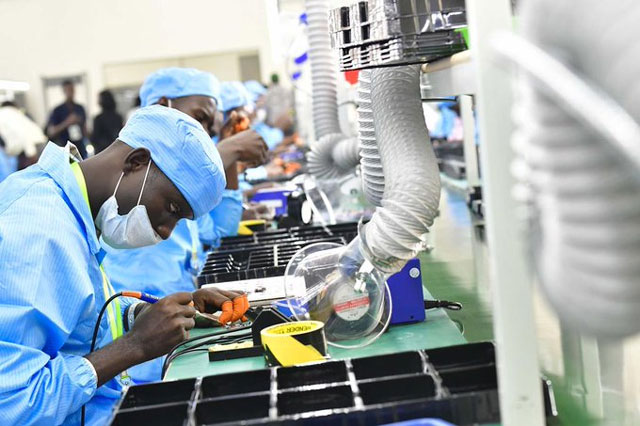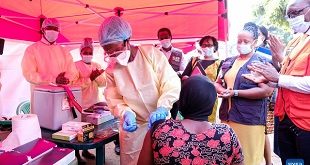
Kampala, Uganda | THE INDEPENDENT | The International Labor Organization (ILO) has cautioned that countries risk a resurgence of coronavirus if they do not put in place adequate safeguards that meet the strict occupational safety and health criteria needed for bringing workers back.
ILO Director-General Guy Ryder says that risk control measures should be specifically adapted to meet the needs of the pandemic’s frontline workers including, nurses, doctors, cleaners, those in food services and other workers who risk their own health every day to provide essential services.
Ryder added that by putting the necessary measures in place, the risk of a second wave of contagion contracted at the workplace will be minimized adding that the way in which countries protect workers now will dictate how safe communities are and how resilient businesses will be as this pandemic evolves.
“It is only by implementing occupational safety and health measures that we can protect the lives of workers, their families and the larger communities, ensure work continuity and economic survival”, the ILO chief said as part of his message to mark the World Day for Safety and Health at Work, commemorated on April 28, every year.
Similarly, Vera Paquete-Perdigao, the ILO Director for Governance and Tripartism Department says the government, employers and workers must put in place efforts to ensure a safe return to work and investing in occupational safety and health as workers come out of the lockdown.
Vic van Vuuren, the ILO Director in charge of Enterprises cautioned that countries cannot be going back to business as usual.
The Labour agency adds that while telecommuting offers new opportunities for employees to keep their jobs, workers must be able to negotiate these arrangements so that they retain balance with other responsibilities, such as caring for children, the sick or the elderly, and of course themselves.
******
URN
 The Independent Uganda: You get the Truth we Pay the Price
The Independent Uganda: You get the Truth we Pay the Price



